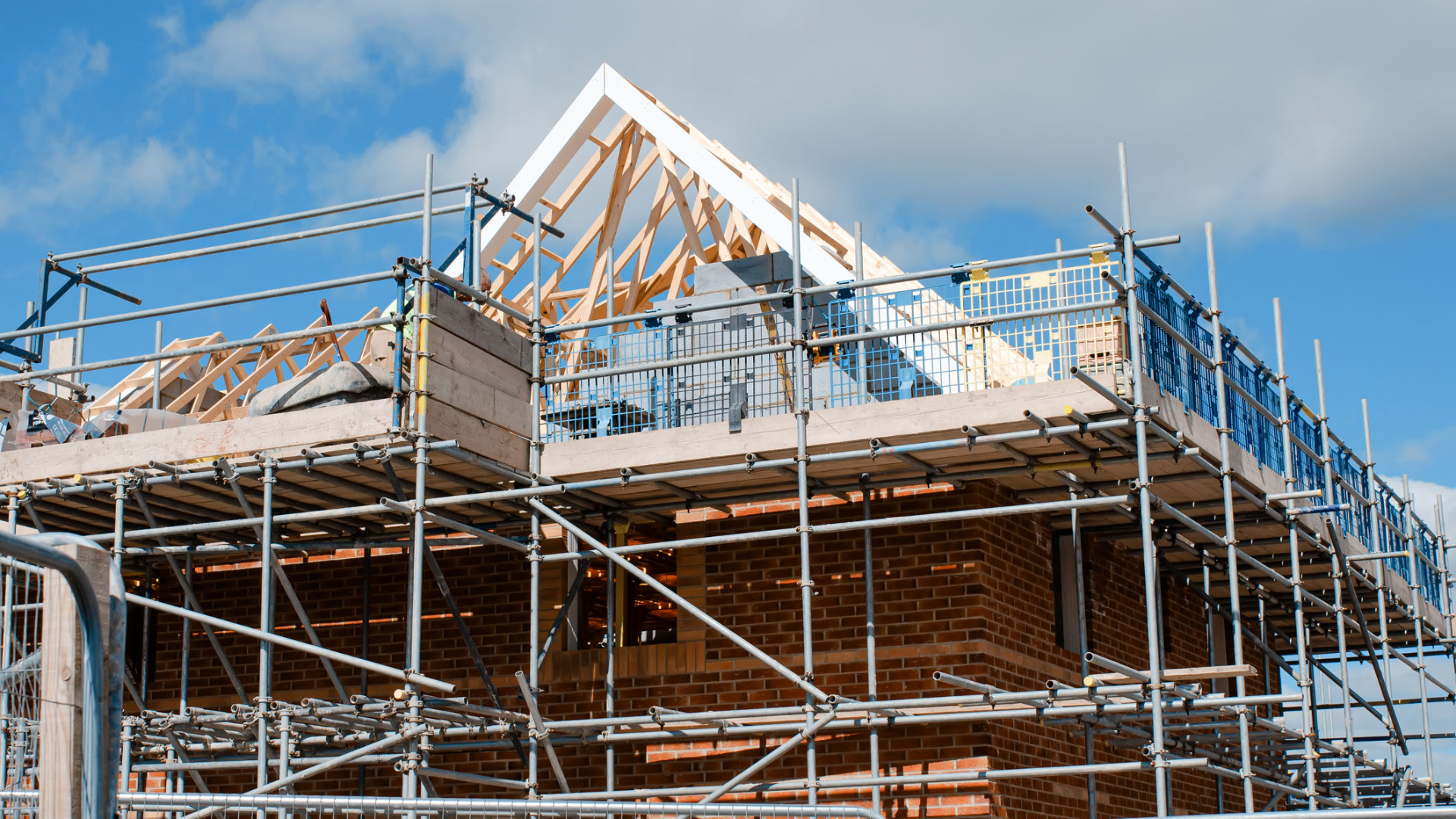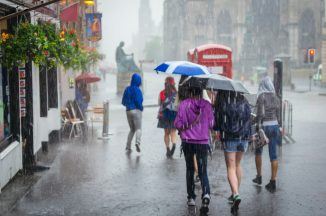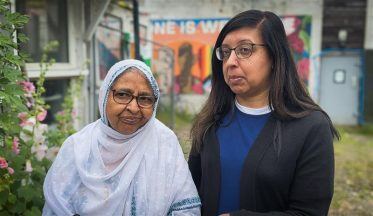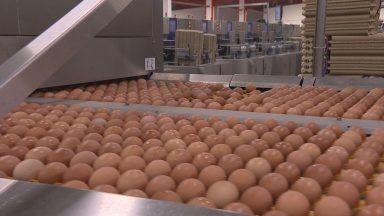New rules banning wood-burning stoves in new builds and some conversions in Scotland have come into force.
The Scottish Government’s updated building regulations mean new buildings won’t be allowed to use “direct emission or polluting heating systems”.
That includes oil and gas boilers as well as bioenergy where electricity or heat is generated from organic matter.
The New Build Heating Standard (NBHS) applies to new-builds from the start of April as well as some conversions where a building warrant is applied.
That means people who currently have a woodburning stove, or people who want to add a woodburning stove to their current home, should be able to install one.
 iStock
iStockThe regulations are part of the Scottish Government’s efforts to reach net-zero carbon emissions.
Homes and buildings are one of the biggest contributors to emissions in Scotland.
New buildings will need to use climate-friendly alternative heating systems such as heat pumps or heat networks.
Heat networks can be used regardless of their fuel source including ones using direct emissions heat.
The Scottish Government has said there will be exceptions to the rules for emergency heating systems.
A long-term plan for heating existing homes is currently being designed by ministers.
The regulations have prompted concern from some in rural areas of Scotland who rely on wood-burning stoves during power cuts.
Responding to a tweet criticising the new rules, SNP MSP Kate Forbes said: “This has just been brought to my attention by more than a few concerned Highlanders who heat their homes (as thousands do) using woodburning stoves, especially older residents who rely on them during a time of crippling energy price rises. I’m seeking urgent clarification.”
Patrick Harvie, a Green MSP and minister for tenants’ rights, said wood-burning stoves are not being banned.
“I’m seeing some claims floating about here that the Scottish Government has ‘banned’ woodburning / biomass heating,” he said.
“This isn’t true. I’ve seen people worried by these claims, thinking they’ll be forced to rip out their woodburner. No, you won’t.
“What’s changing is rules for new buildings and major conversions applying for a building warrant from this month. It has nothing to do with existing heating systems, or replacements that aren’t part of a building conversion.
“There are exemptions for emergency heating systems too.”
A Scottish Government spokesperson said: “Heating our homes and buildings represents about a fifth of Scotland’s carbon emissions so tackling the climate emergency requires us to address these emissions.
“Proposals in the New Build Heat Standard, which came into force from 1 April 2024, were widely consulted on in 2021 and again in 2022. Both consultations showed strong support for the new Standard.
“The changes mean that new homes and buildings do not contribute to climate emissions, by banning the use of polluting heating systems such as oil and gas boilers, and bioenergy – including woodburning stoves.
“Existing homes are completely unaffected as the standard will not apply to the installation of heating in homes and buildings built before 2024.
Wood-burning stoves and other heating systems that cause emissions can also still be installed in new homes to provide emergency heating, where a need can be justified – responding to feedback from rural communities.
“Separately, the Scottish Government has recently finished consulting on plans for introducing clean heating systems in existing homes and buildings and is currently considering responses.
“This included proposals around the use of bioenergy and measures to prohibit the use of polluting heating systems in all buildings after 2045.”
The Scottish Government has more information on the new standards here.
Follow STV News on WhatsApp
Scan the QR code on your mobile device for all the latest news from around the country























